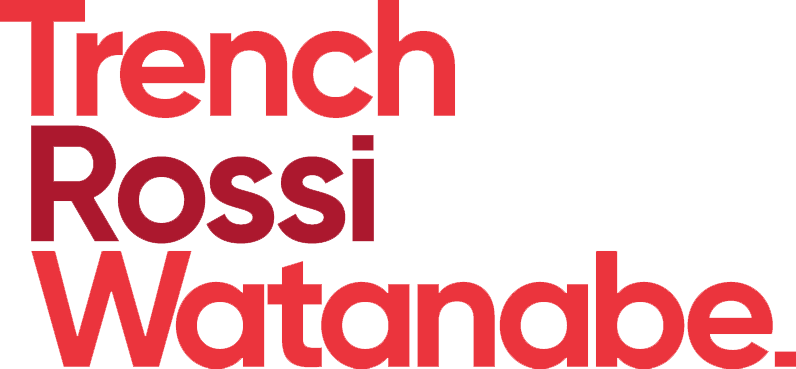In brief
A few days away from COP26, the federal government on 25 October 2021 launched the Green Growth National Program (PNCV). The program was coordinated by the Ministry of the Environment and the Ministry of the Economy, and seeks to align economic growth with sustainable development toward a green and low-carbon economy. The program must be regulated until 30 September 2022.
More details
PNCV aims to link economic growth to sustainable development; improve management of natural capital to incentivize productivity, innovation and competitiveness; generate green jobs; promote conservation of forests and protect biodiversity; reduce greenhouse gas emissions, aiming to transition to a low-carbon economy; boost green finance; and boost green research and development.
The program defines ‘green economy’ as “the economy that results in the improvement of people’s life condition in a way that guarantees a sustainable economic development”. Meanwhile, it defines ‘green jobs’ as “those created from activities that were developed by the green economy” and green growth as “the result of the joint application of strategies aimed to a sustainable economic development that generates social well-being.”
PNCV has four main aspects of action: (i) economic incentive, (ii) institutional change, (iii) criteria for prioritization of green projects and (iv) research and development.
The program will be coordinated by the Interministerial Committee of Climate Change and Green Growth (CIMV), which is permanent and responsible for establishing guidelines and coordinating actions and public policies related to climate change.
Moreover, the CIMV is composed of the head of the Civil House of the Presidency (who will preside), the head of the Presidency’s Secretariat, and representatives of the ministries of the Economy, Foreign Affairs, Infrastructure, Agriculture, Mines and Energy, Science and Innovation, Environment, Local Development and Work, and Social Security. They will be responsible for defining the role of the Brazilian government at the United Nations Framework Convention on Climate Change (UNFCCC), which will hold its 26th staging this year in Glasgow, Scotland, starting on 31 October.
As announced by the ministries of Environment and Economy, the federal government now has credit lines that, together, reach BRL 400 billion and is geared toward projects related to forest conservation, sanitation, waste management, renewable energy, low-emission agriculture, etc. Furthermore, the government maintains that these resources will “boost economy, generating jobs and contributing to the consolidation of Brazil as the biggest green economy in the world.”
Our Environmental and Sustainability team is available for any clarifications regarding the Green Growth National Program.

Trench Rossi Watanabe and Baker McKenzie have executed a strategic cooperation agreement for consulting on foreign law.



